NASA's Cosmic Legacy: Celebrating 25 Years of the International Space Station
ISS plans to stay operational until 2030, symbolizing prolonged era of exploration and international space collaboration
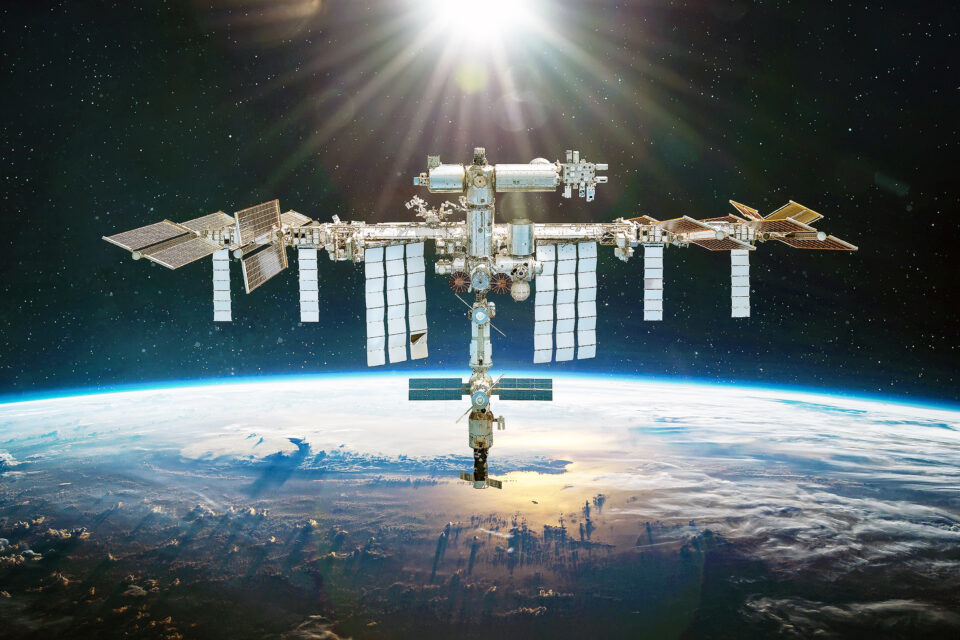
The National Aeronautics and Space Administration (NASA) is commemorating the milestone anniversary of the International Space Station (ISS), a celestial research facility that's been orbiting Earth for a quarter of a century.
It serves various purposes, acting as a hub that brings together international flight crews, multiple launch vehicles, globally distributed launch and flight operations and the international scientific research community.
The vast space station, comparable in size to a football field, boasts a weight of 460 tons and maintains a constant presence of 250 miles above Earth.
To date, it has hosted 273 individuals from 21 different countries.
As part of the celebration, a special live event was organized—a space-to-Earth call from the crew aboard Expedition 70 was made to NASA Associate Administrator Bob Cabana and Joel Montalbano, the space station program manager.
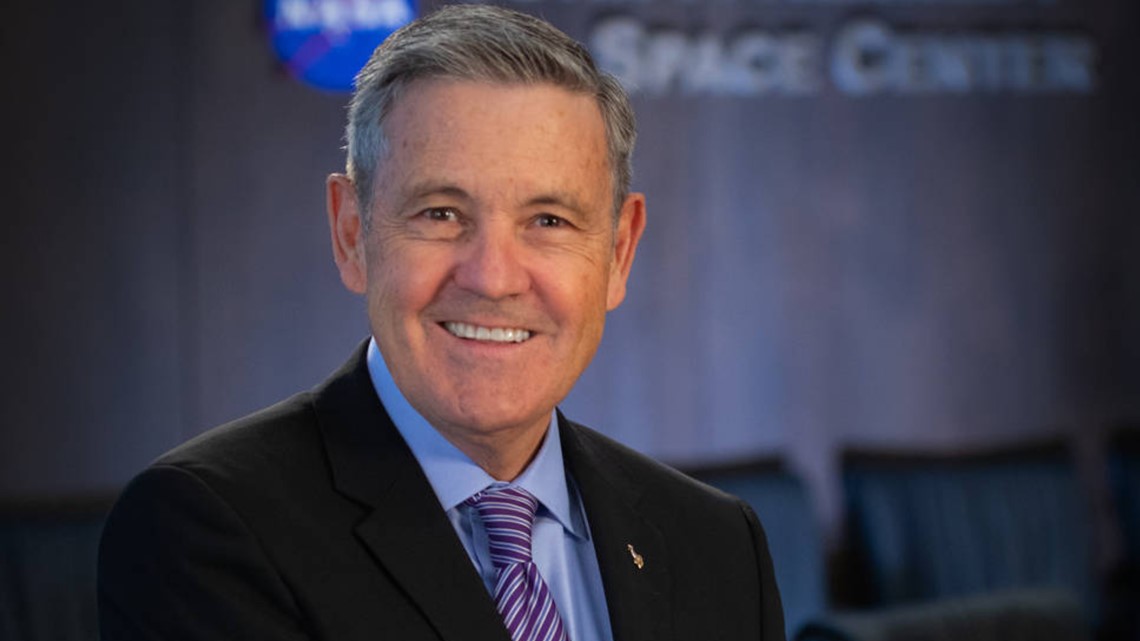
Cabana, commander of the inaugural mission and the first American
to enter the ISS on December 6, 1998, reminisced about that historic event.
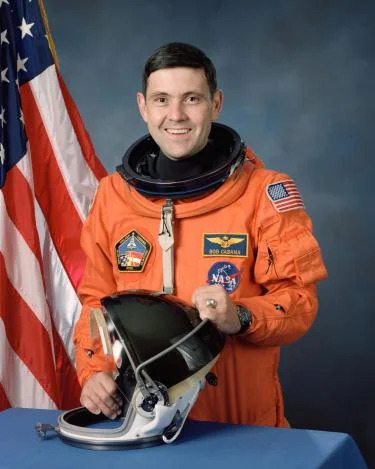
At the flight deck controls of the space shuttle Endeavour, he recalls firing the orbiter's thrusters to connect a U.S.-built node with a Russian module in Earth orbit, marking the birth of the ISS. "I cannot believe it was 25 years ago today that we grappled with Zarya and joined it with the Unity node," said Cabana.
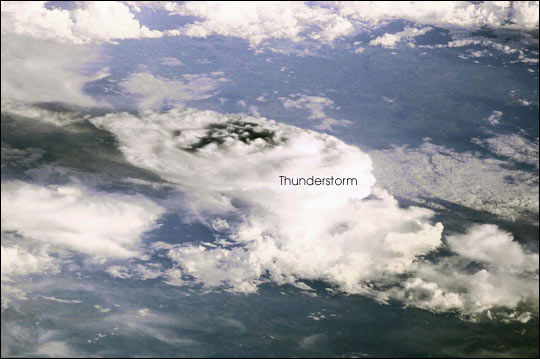
The Expedition 1 crew, back in 2000, captured a mesmerizing image of storm clouds from the ISS, marking the first Earth observation still image downlinked by the three-man crew.
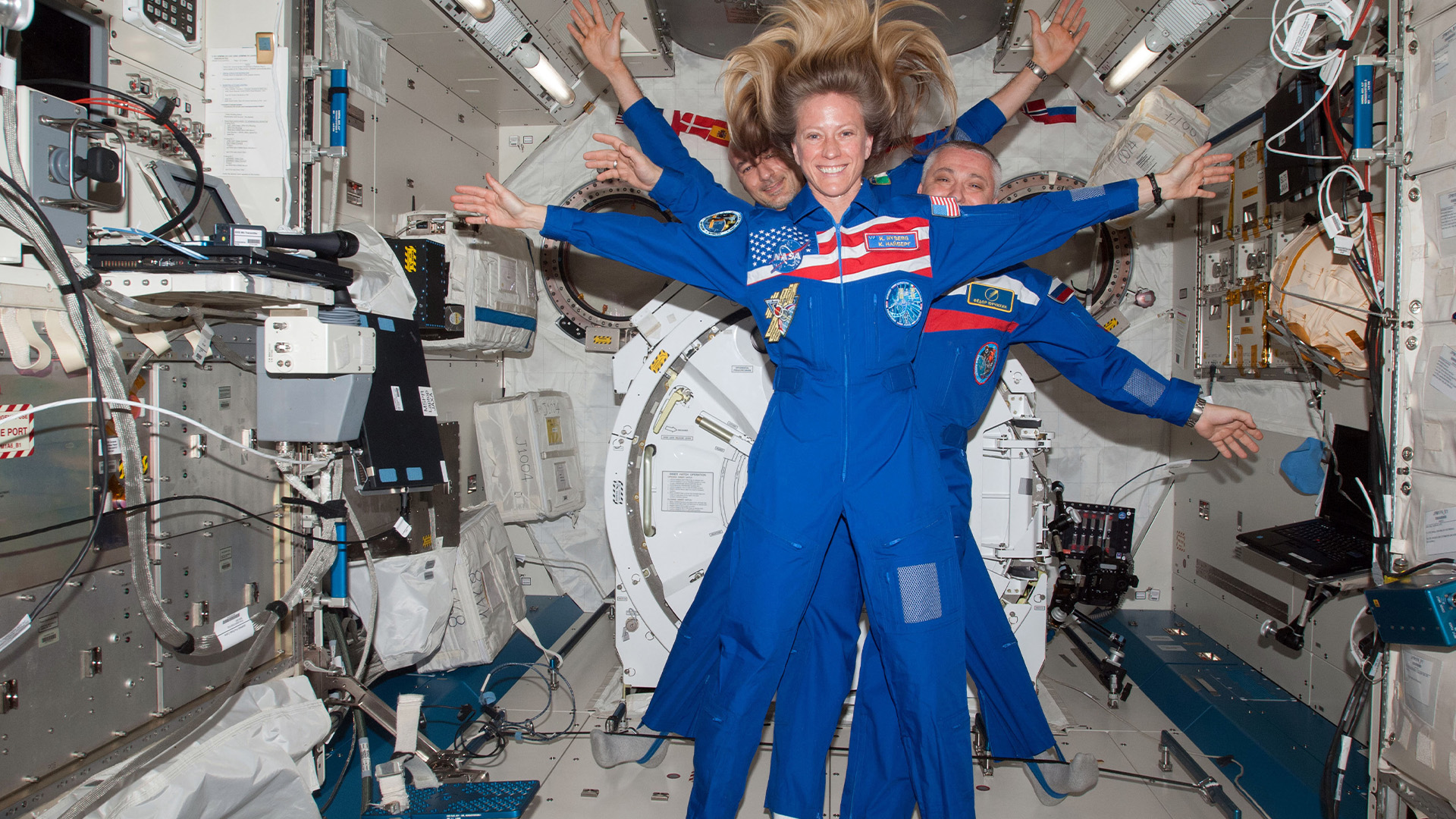
Since Nov. 2, 2000, humans have continuously inhabited the orbiting laboratory.
More than 3,300 research and educational investigations have been conducted on the ISS from 108 countries, with many of these endeavors benefiting people on Earth and laying the groundwork for future space exploration.
Set to continue operations until at least 2030, the ISS signifies an era of ongoing discovery and international collaboration in space.
